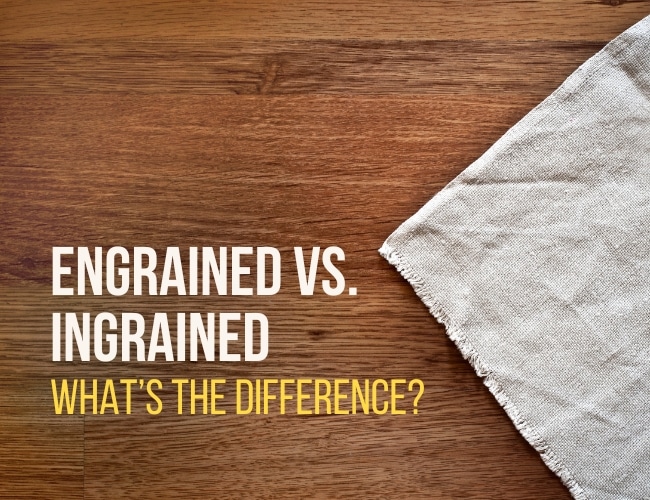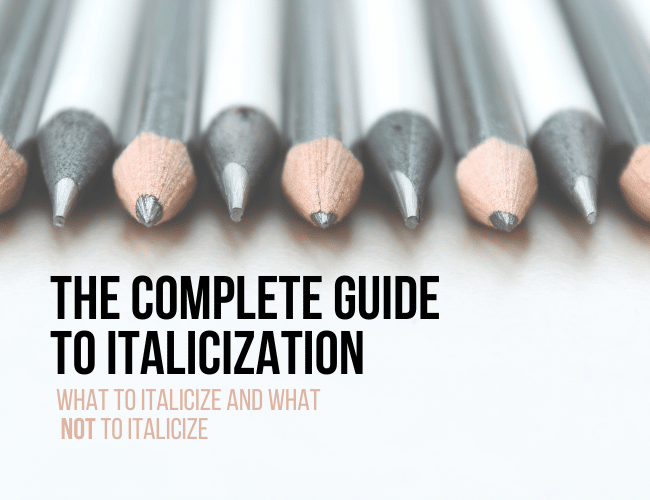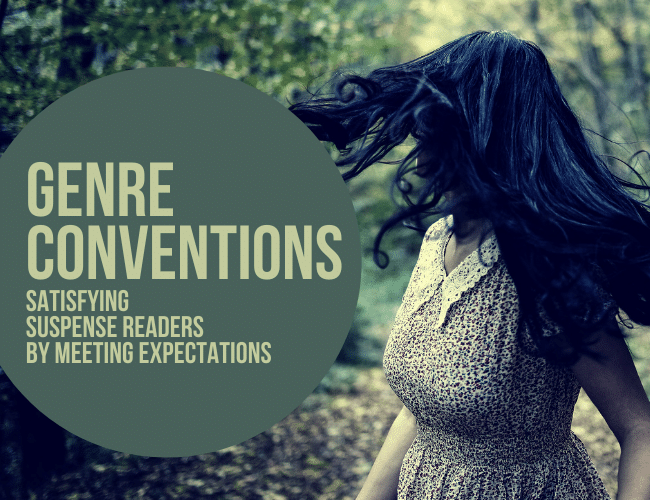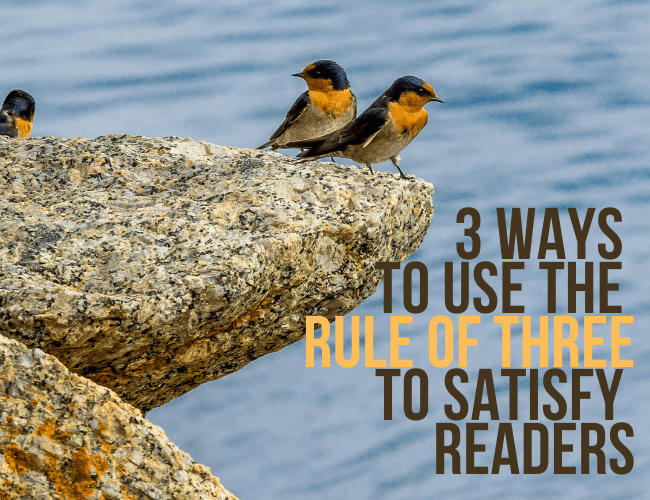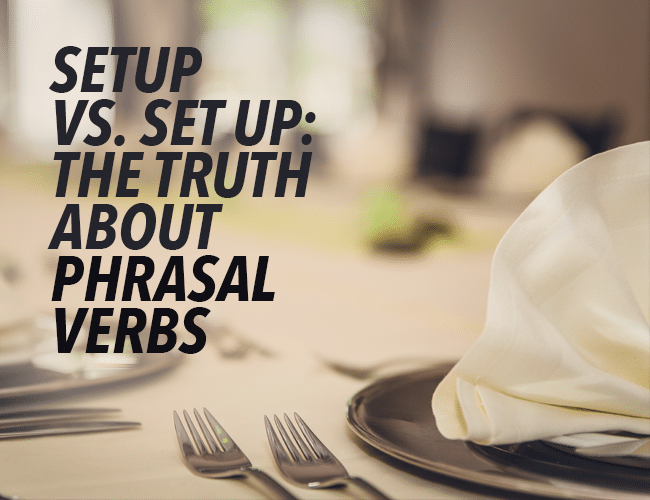It’s the end of another long year, and so I’m curious. What did you accomplish this year in your writing? Did you reach any major goals or milestones? Did you publish anything? Did you write something you loved?
In these last few days of 2023, before we set our goals for next year, let’s take a second to sit in what we accomplished over the last year.
